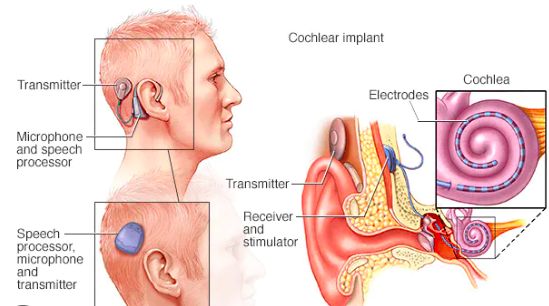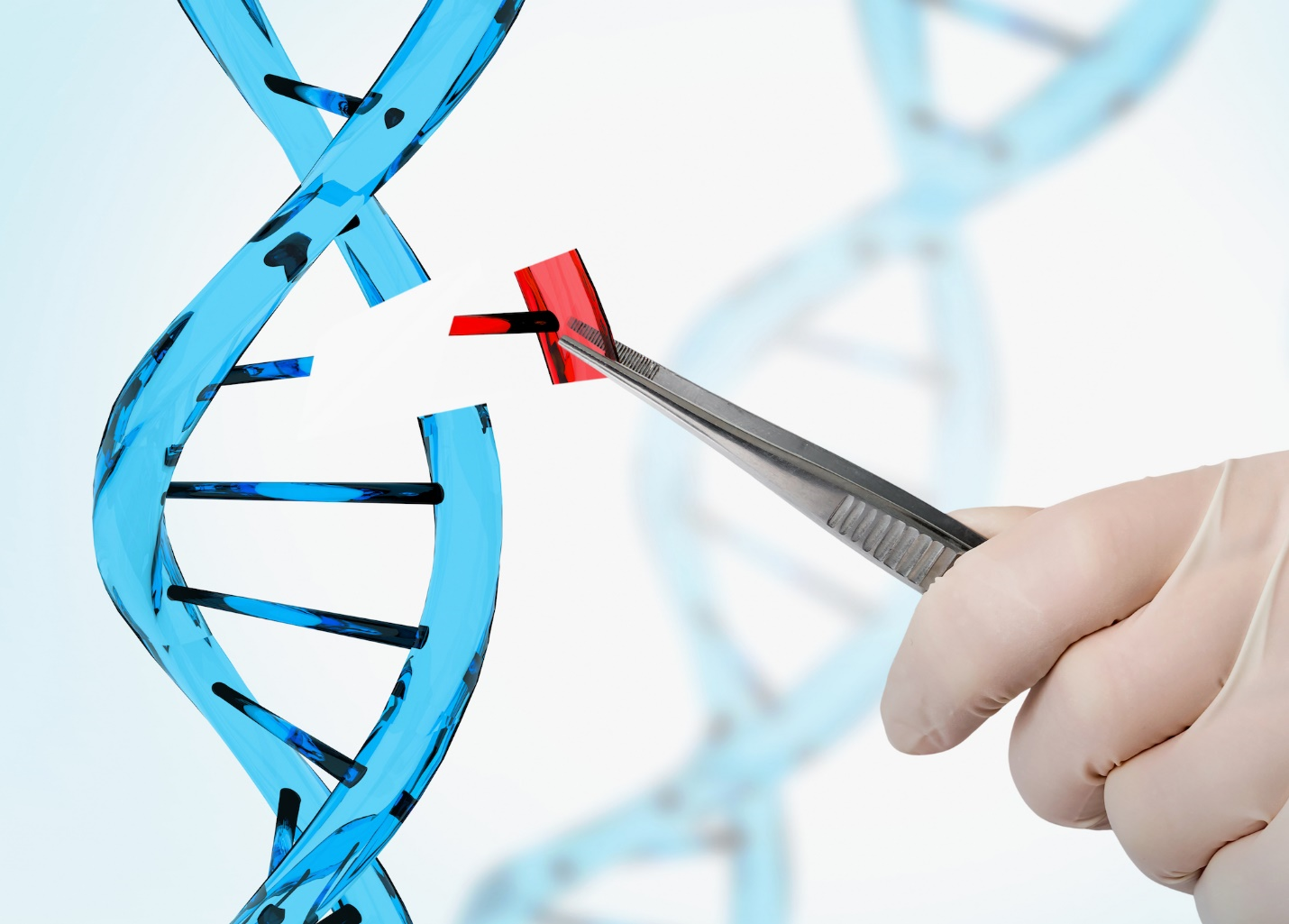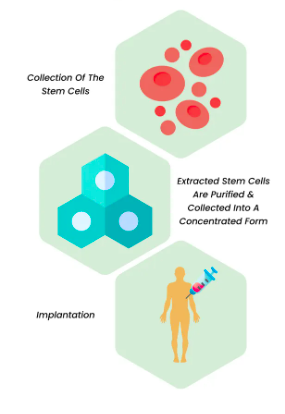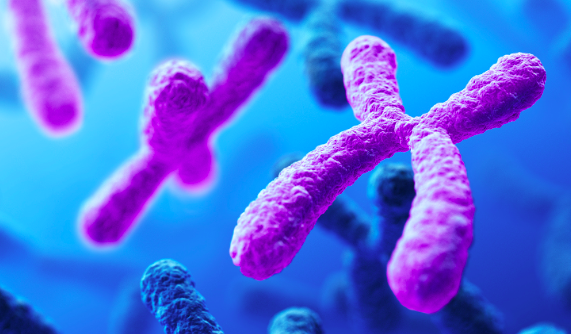Genetic hearing loss is a type of hearing loss that occurs when there is a change or mutation in one or more genes responsible for hearing. This type of hearing loss affects millions of people worldwide, with estimates suggesting that up to 50% of congenital hearing loss cases have a genetic basis. The good news is that advances in technology and research have led to the development of new treatments and resources for genetic hearing loss, including the rise of gene therapies.
What is Genetic Hearing Loss?
Before we dive into the newest treatments and resources for genetic hearing loss, let’s briefly review what it is. This type of hearing loss is caused by changes or mutations in one or more genes responsible for hearing. These changes can occur spontaneously or can be inherited from parents. There are two main types of genetic hearing loss: syndromic and non-syndromic. Syndromic hearing loss is accompanied by other medical conditions, while non-syndromic hearing loss occurs in isolation without any other symptoms or medical conditions.
Newest Treatments for Genetic Hearing Loss
- Cochlear Implants: Cochlear implants have been a go-to treatment for those with profound hearing loss for decades. They are surgically implanted device that bypasses the damaged part of the ear and directly stimulates the auditory nerve. While cochlear implants are not a cure for genetic hearing loss, they can provide a significant improvement in hearing ability.

- Hearing Aids: Hearing aids are a common treatment for all types of hearing loss. They work by amplifying sounds and making them easier to hear. Many newer hearing aids are now equipped with features such as Bluetooth connectivity, noise reduction, and rechargeable batteries, making them more convenient and effective for people with genetic hearing loss. Unfortunately, hearing aids are normally very expensive and sometimes unattainable.

- Gene Therapies: Gene therapies are a newer treatment option for genetic hearing loss that holds significant promise. These therapies work by introducing a healthy copy of the defective gene into the cells of the inner ear. This can potentially restore hearing function or prevent further hearing loss. Gene therapies are still in the early stages of development, but several clinical trials are currently underway, with some showing promising results, like RHI!

- Stem Cell Therapy: Stem cell therapy is another potential treatment option for genetic hearing loss. This therapy involves the use of stem cells to regenerate damaged cells in the inner ear. While still in the experimental stages, some studies have shown that stem cell therapy can improve hearing in animal models, and clinical trials are currently underway.

Resources for Genetic Hearing Loss
In addition to the latest treatments, there are several resources available for those with genetic hearing loss.
- Genetic Counseling: Genetic counseling can be incredibly helpful for those with genetic hearing loss and their families. This service provides information and support for families who may be at risk for genetic hearing loss, including information on genetic testing and inheritance patterns.
- Support Groups: Support groups can provide a safe and supportive environment for individuals with genetic hearing loss and their families. These groups offer the opportunity to connect with others who are facing similar challenges, share experiences, and provide emotional support.
- Advocacy Organizations: There are several advocacy organizations dedicated to raising awareness about genetic hearing loss and advocating for the rights of those with hearing loss. These organizations offer resources, support, and education to help individuals and families navigate the challenges of living with genetic hearing loss.
Why Gene Therapies are Beneficial
Gene therapies hold significant promise for those with genetic hearing loss. These therapies have several advantages over traditional treatments such as hearing aids and cochlear implants. One of the most significant benefits of gene therapies is that they can potentially restore hearing function or prevent further hearing loss. This is because gene therapies address the underlying cause of genetic hearing loss, rather than simply treating the symptoms. Additionally, gene therapies have the potential to provide a more permanent solution to genetic hearing loss. Unlike hearing aids and cochlear implants, which require ongoing maintenance and replacement, gene therapies aim to provide a one-time treatment that can have long-lasting effects. This can improve quality of life for individuals with genetic hearing loss by reducing the need for frequent interventions and allowing them to lead more independent lives. Furthermore, gene therapies can be personalized to the individual’s specific genetic mutation, making them potentially more effective and efficient than traditional treatments. By targeting the underlying genetic cause of hearing loss, gene therapies have the potential to not only improve hearing but also prevent other associated medical conditions that may arise from genetic mutations.
The newest treatments and resources for genetic hearing loss offer hope for those that are affected. Cochlear implants, hearing aids, gene therapies, and stem cell therapy are all promising treatment options that can significantly improve hearing ability. Genetic counseling, support groups, and advocacy organizations provide valuable resources and support.
Of all the treatment options, gene therapies hold the most promise. These therapies have the potential to restore hearing function, prevent further hearing loss, and provide a more permanent solution to this condition. As research continues, we can hope for even more advances in the treatment of genetic hearing loss, leading to better outcomes and improved quality of life for those affected by this condition.posthttps://rescuehearing.com/?p=8515

